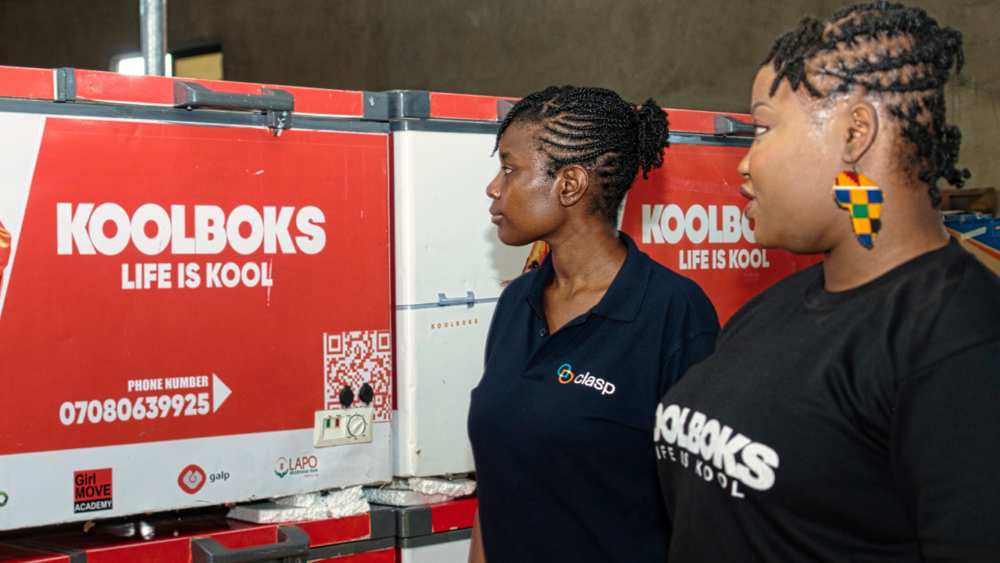Panel Highlights Climate Gains from Use of Cooling Model MEPS
A recent online panel discussion showcased the benefits of adopting country-level efficiency policies based on model minimum energy performance standards (MEPS) to limit the climate impacts of air conditioners (ACs) and refrigerators, as demand for the popular appliances skyrockets with rising global temperatures, incomes and urbanization.
A recent online panel discussion showcased the benefits of adopting country-level efficiency policies based on model minimum energy performance standards (MEPS) to limit the climate impacts of air conditioners (ACs) and refrigerators, as demand for the popular appliances skyrockets with rising global temperatures, incomes and urbanization.
The event – Ambitious National Cooling Policy: Development and Implementation of Model MEPS – was held as part of CLASP’s #ClimateWiseCooling campaign, which launched in June to foster sustained dialogue about the climate implications of growing global cooling demand.
The event focused on a series of model MEPS developed by United for Efficiency (U4E)
that provide a template for efficiency policies for air conditioners and refrigerators. The model MEPS, which reflect input from a wide range of expert stakeholders, are intended to serve as guidance for countries seeking to enhance the availability of highly-efficient technologies and limit inefficient products in markets.
The June 16 discussion was moderated by CLASP senior manager Ana Maria Carreño and featured presentations by Patrick Blake, a policy expert with U4E, Nihar Shah, an energy and environmental policy research scientist with Lawrence Berkeley National Laboratory, and Michael Kiza, a programme management expert with the East African Centre of Excellence for Renewable Energy and Efficiency.
Blake described how U4E developed model MEPS for ACs and refrigerators to facilitate energy efficiency policy adoption, with multiple policy scenarios including a minimum recommendation and tiered options for varying local conditions and policy ambition. In addition to providing target efficiency levels, the model MEPS promote regional and international harmonization to reduce barriers to trade, and enable more effective market enforcement by facilitating compliance information sharing, he said.
Shah described how both energy efficiency improvements and a transition away from potent greenhouse gases used as refrigerants in cooling appliances are needed to limit their warming impacts on the planet. For manufacturers, improving product energy efficiency or transitioning refrigerants typically require retooling of product lines, he said, so addressing both challenges at once through appliance policy is a means to obtain the climate benefits while minimizing costs and disruption to manufacturers and consumers.
Kiza discussed how space cooling demand is forecasted to grow rapidly in Africa and other developing regions, while the dumping of inefficient second-hand equipment is rampant. As a result, he said, appliance policy development is particularly important both for climate protection and to ensure consumer access to high quality products.
During the panel discussion, Kiza highlighted how Ghana has aggressively fought illegal appliance dumping with bans on second-hand appliances, and noted that Rwanda’s adoption of U4E’s model rules in just one year was remarkably faster than the years it would take to establish MEPS if starting from a clean slate.
Shah said that governments can use appliance purchase incentive programs as a means to stimulate spending in the near term as they cope with the economic fall-out of COVID-19, and that such purchases effectively provide a second, long-term stimulus as households experience savings on their energy bills from higher efficiency that spurs additional economic activity.
Click here to view the presenter slides, and click here to watch the archived webinar. To read more about #ClimateWiseCooling, read Ana Maria Carreño’s introduction to the campaign. More information about U4E’s model MEPS is available from the United for Efficiency website.









